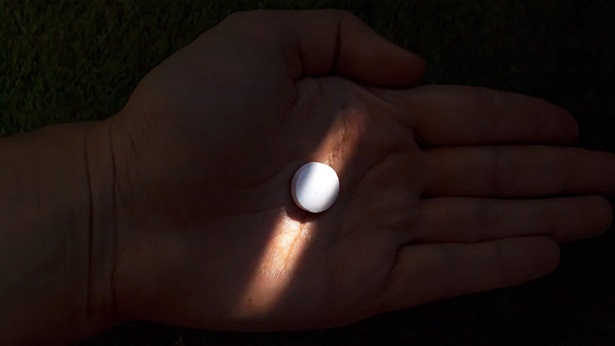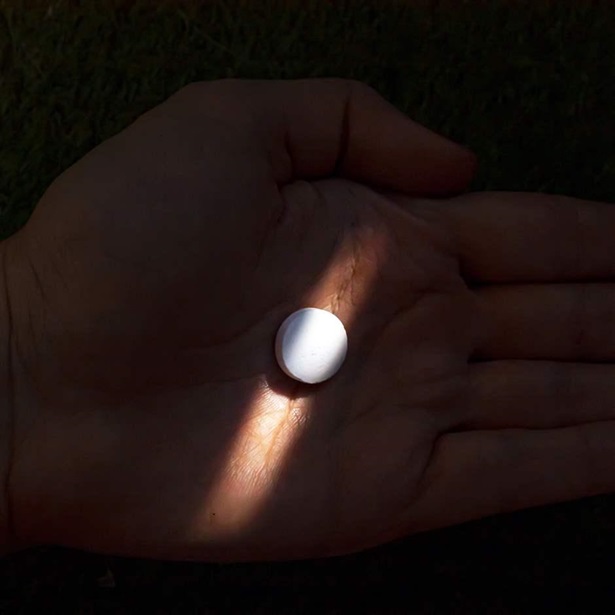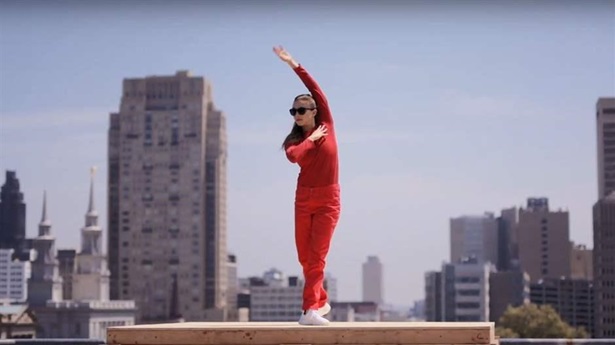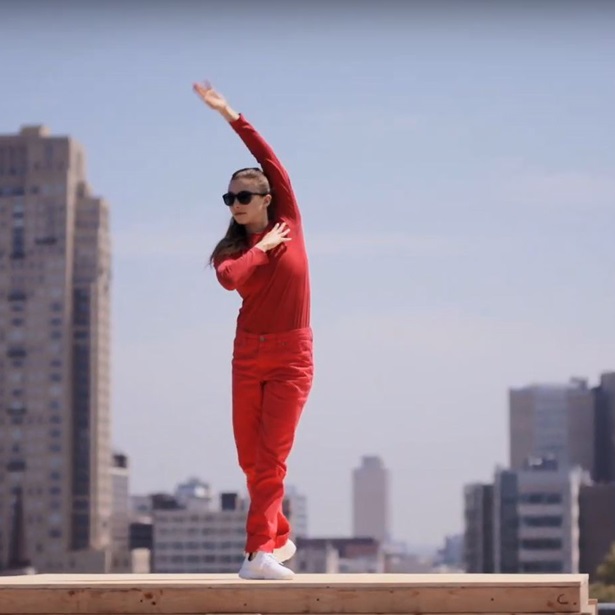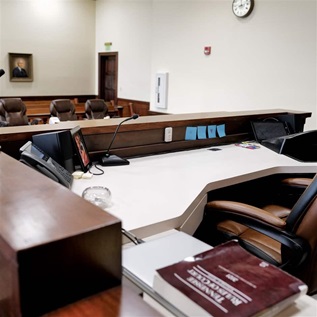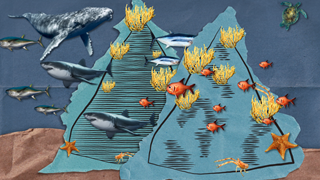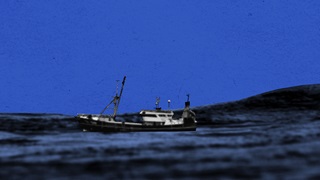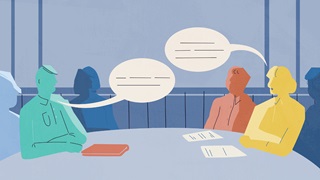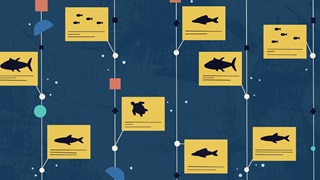The Pew Center for Arts & Heritage Announces 2019 Grants for Philadelphia Artists, Organizations
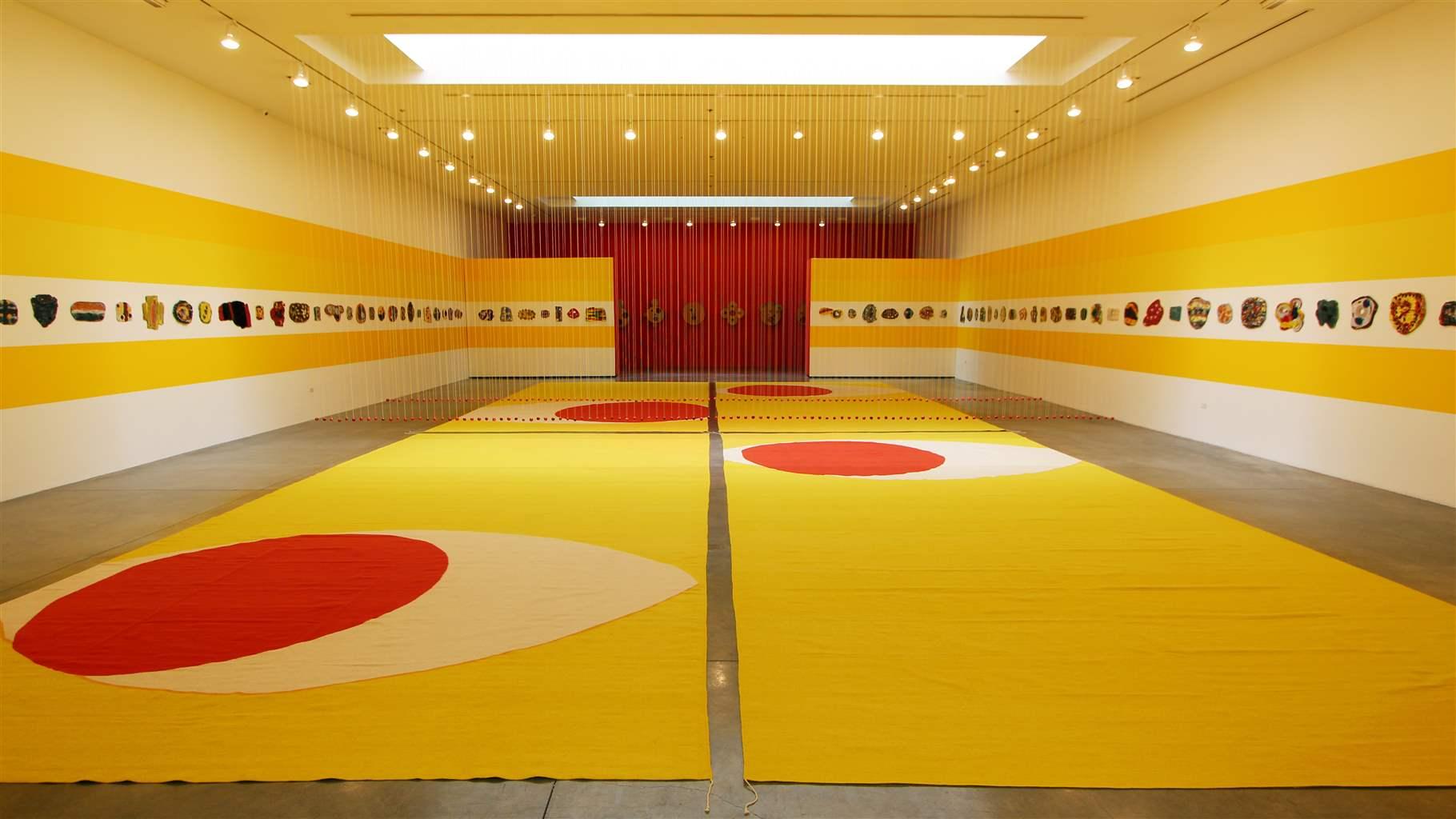
PHILADELPHIA (Oct. 21, 2019)—The Pew Center for Arts & Heritage announced 39 grants today in support of the Philadelphia region’s cultural organizations and artists. The 2019 awards total more than $8.4 million and provide funding for 12 Pew Fellowships and 27 project grants.
This year’s grants include two new areas of support. In addition to the Center’s longstanding annual fellowships for Philadelphia-based artists, for the first time a Pew Fellows-in-Residence program will bring two artists from outside the region to live, work, and embed themselves in the community, becoming part of the city’s vibrant arts scene for a year. Additionally, the Center is funding its first organizational collaboration, a multifaceted musical project between two of the city’s major institutions: the Curtis Institute of Music and Drexel University’s Westphal College of Media Arts & Design.
“Our annual grants foster the highest levels of artistic and programmatic excellence,” said Paula Marincola, the Center’s executive director. “The ambitious work these artists and institutions will produce in the coming months will inspire audiences and further elevate Philadelphia’s visibility as a thriving hub for culture.”
Following is a partial list of artists, projects, and organizations receiving awards. A full list of grantees is available at pewcenterarts.org/2019grants.
Pew Fellowships provide awards of $75,000 to individual artists from all disciplines. This year’s Fellows are artists working in visual art, literature, dance, and theater. Ten of the artists live and work in Philadelphia, and the two Fellows-in-Residence hail from Oakland, Calif., and New York City.
Among them are:
- Roberto Lugo, a visual artist who blends historical forms of European porcelain with contemporary iconography.
- Imani Perry, a nonfiction writer who examines African American history and culture.
- Maria Shaplin, a lighting designer who creates immersive theatrical worlds for performance and installations.
- Becky Suss, a visual artist whose paintings chronicle domestic interiors and landscapes.
- Fellows-in-Residence Tina Satter, a New York-based playwright and director who leads the experimental, Obie Award-winning theater company Half Straddle, and Julian Talamantez Brolaski, a California-based poet whose writing explores experiences of race and gender.
Project Grants for Public Events, Exhibitions, and Performances are awarded in amounts up to $400,000, with an additional 20 percent for general operating costs. The grants are designed to support exceptional cultural programs and experiences presented by Philadelphia-area organizations for a wide range of audiences. This year’s list includes:
A collaboration between the Curtis Institute of Music and Drexel University’s Westphal College that brings together local and international musicians from diverse traditions in a series of performances under the direction of British composer and conductor Peter Wiegold. The project culminates in a grand orchestral work for voice and instruments, performed by participating artists, a newly formed Curtis Intercultural Ensemble, and members of Wiegold’s own Third Orchestra.
- Numerous world premieres and commissions, including a play at People’s Light by Obie Award-winning playwright Eisa Davis that considers the immigrant experience through stories of a suburban Philadelphia farming community; an opera by composer Missy Mazzoli and librettist Royce Vavrek, co-produced by Opera Philadelphia and Norwegian National Opera, that explores themes of community, ritual, belonging, and belief; and an immersive installation of filmed performances from artists Mary Reid Kelley and Patrick Kelley at The Fabric Workshop and Museum that contemplates the impact of environmental change.
- Performances and installations that use technology to blend live and virtual experiences, such as a new performance work by pioneering postmodern choreographer David Gordon, presented by Christ Church Preservation Trust, that links dancers in two cities through video streams; The Philadelphia Orchestra’s presentation of Ludwig van Beethoven’s Missa Solemnis, which immerses audiences in a virtual, multidenominational cathedral designed by artist Refik Anadol; and a participatory movement and storytelling event from Nichole Canuso Dance Company that connects audience members with one another through digital technology.
- Projects that illuminate lesser-known histories and cultural traditions, including a new documentary film that surveys the history of North Philadelphia’s black community from the turn of the 20th century through the 1960s, written and directed by Scribe Video Center’s Louis Massiah; Fund for the Water Works’ exhibition examining the history and present-day implications of segregated swimming pools in America; and WXPN’s series of radio programs and concerts that spotlight Haiti’s cultural traditions and their influence on New Orleans’ music.
- Activations of new creative spaces, such as an exhibition of works by ceramists Molly Hatch, Ibrahim Said, and Kukuli Velarde to inaugurate The Clay Studio’s new building in Philadelphia’s Kensington neighborhood; and Bucks County Historical Society’s effort to enhance understanding of its collection of pre-industrial American material culture through the redesign of two currently unused rooms in Doylestown’s century-old Mercer Museum.
About The Pew Center for Arts & Heritage
The Pew Center for Arts & Heritage is a multidisciplinary grantmaker and hub for knowledge-sharing, funded by The Pew Charitable Trusts and dedicated to fostering a vibrant cultural community in Greater Philadelphia. The Center invests in ambitious, imaginative, and catalytic work that showcases the region’s cultural vitality and enhances public life, and it engages in an exchange of ideas concerning artistic and interpretive practice with a broad network of cultural practitioners and leaders. For more information, visit pewcenterarts.org.
